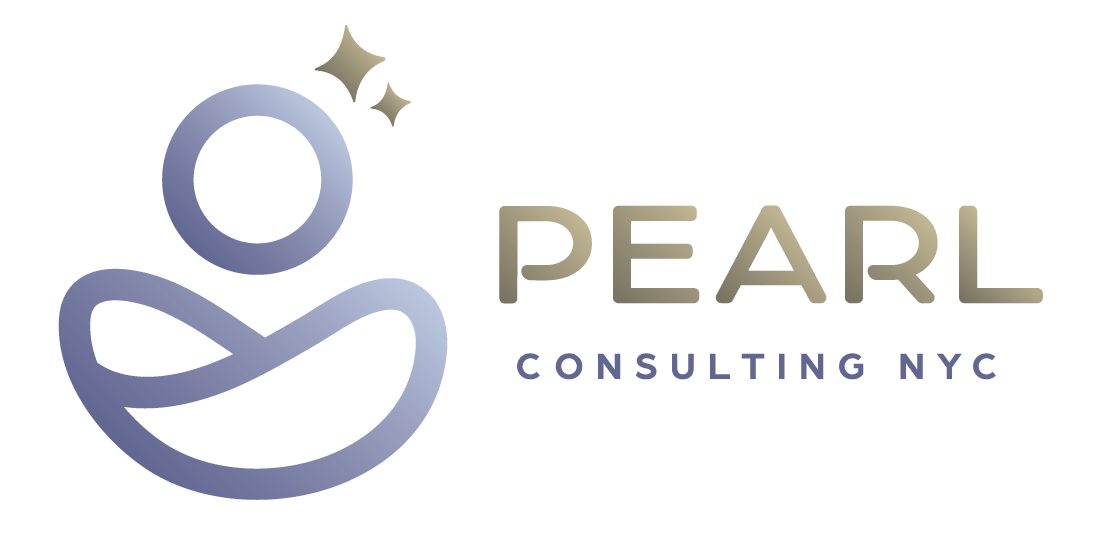Chasing the Algorithm
There’s a formula that decides how important you are. The people who design it won’t say what it’s looking for, but other people are full of guesses. If you satisfy the formula’s constraints, you will be a success. Otherwise, you are destined for a dismal future.
This may sound like an undiscovered Kafka story, but it’s actually just a description of the eternal struggle of content creators to get Google to pay attention to them. That struggle is known as Search Engine Optimization (SEO), and it will drive you crazy if you let it.
Figuring Out the Perfect Formula
When I used to write for About.com, they had a whole department devoted to figuring out how Google’s algorithm chose its top results (Google is, of course, not the only search engine, but every other search engine combined drives only a fraction of Google’s traffic.)
They would do various tests to see what worked well, then issue company-wide edicts on how to title our articles, what phrases we should repeat, and which keywords worked. When Google changed their algorithm, as they often do, the process would begin again. There would be new edicts and the revising of old articles.
An early example of SEO was keyword stuffing. This was when you tried to convince search engines that your article had a lot of information on a topic by repeating words over and over. So if you had an article about batteries, you would put “batteries” repeatedly in the header and HTML header code and title your article “Batteries: Improving Battery Life - How to Make Your Batteries Last Longer. Advice from a Battery Expert.”
Another example of keyword stuffing was including text in an invisible font that was popular but irrelevant to your article. For example, your article on battery life could include, in white text on a white background, “how to make a million dollars, free movie downloads, Beyonce completely nude.” Sometimes 90% of the words on a page were invisible nonsense.
Then search engine designers caught on and started looking for and penalizing keyword stuffing. Suddenly it was a technique that sent your search rankings plummeting. Websites had to change all their pages.
It’s a strange dance. Google attempts to create an algorithm that returns useful information. People learn to trick the algorithm. Google reconfigures everything.
Most people don’t have an entire department devoted to figuring out the optimal approach to content, although you can hire an SEO expert if you have the money.
There’s also a wealth of advice online.
For example, a lot of online experts will tell you that Google prizes long articles; 1,500-2000 words (for context, this post is about 950 words). The claim is that lengthy articles rank higher.
This may be the reason so many recipe sites include endless stories detailing how they used to go cherry picking with their grandpa and take those cherries to their grandma who had an old-fashioned oven and they would bake that pie and then sit on the porch and COME ON JUST TELL ME HOW TO MAKE CHERRY PIE!
The point being, a lot of articles absolutely shouldn’t be 2000 words long, regardless of what Google might want. But they are, because writers are chasing the algorithm, seeking the magic formula that will get them into the top 5 search results that are all most people look at.
When I did research for this piece, the top Google result for “ideal SEO length” was a post from a site called Tabtimize saying that long articles aren’t better for SEO after all. While various experts had done tests and analyses indicating bonus points for 1500-word articles, Tabtimize’s tests show pretty much any length is good if you’ve got an article with a clear subject.
Who’s right? Who knows?!
Moral: Take all the SEO advice with a large grain of salt.
Google Wants Something Users Will find Useful, So Do That
If you want Google to like your content, it’s helpful to understand that Google wants to provide a list of articles that users will find helpful. Everything Google does has the aim of delivering the best possible article as the first hit in a search; that one article that is all you need to answer your query. They look to see if people come back to search the same topic, which is indicative that users were unhappy with their results. This is why putting “how to make money” in an article about batteries is bad SEO.
This is why, even though there are techniques and tools that can boost search rankings, About.com increasingly emphasized that the most effective strategy was to write things people wanted to read. Google continually changes its algorithm because it’s trying to find the best fit for every search, so your goal should be to be that best fit.
So great SEO is, in part:
Make it clear what your subject is.
Write something useful about it.
Make it enjoyable to read.
Write for the Machine or the Human?
SEO isn’t the only algorithm-chasing going on. Common wisdom is that some social media platforms, like LinkedIn, penalize posting external links, so people attempt to avoid that theoretical penalty by posting links in the comments. It’s a technique that degrades the reader’s experience but may give your post more exposure.
It’s difficult to know how much to focus on the algorithm and how much to focus on appealing to human beings. Ideally, I do both, but if I must choose, I’ll choose the human. A soulless automated ranking system can control how much exposure my post might get, but only a human being can actually enjoy it.
If you’re looking for writers who put human beings first, let us know.

